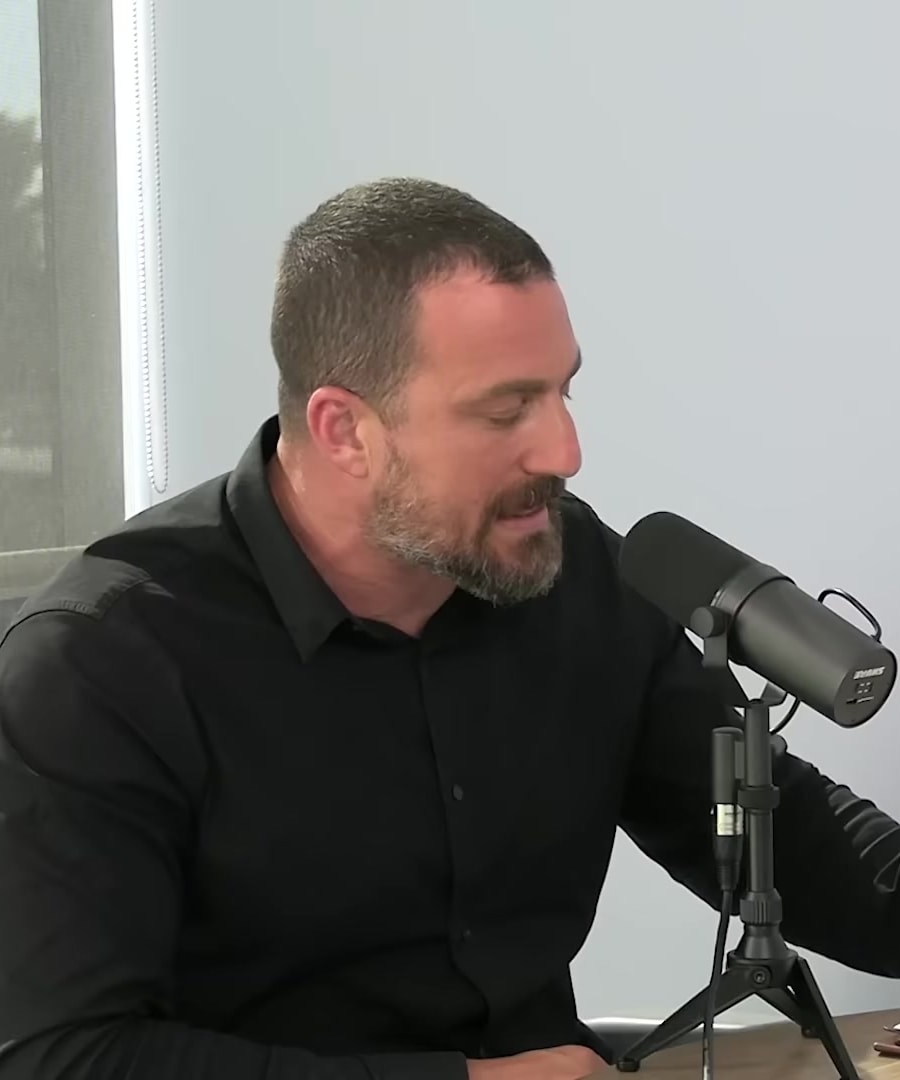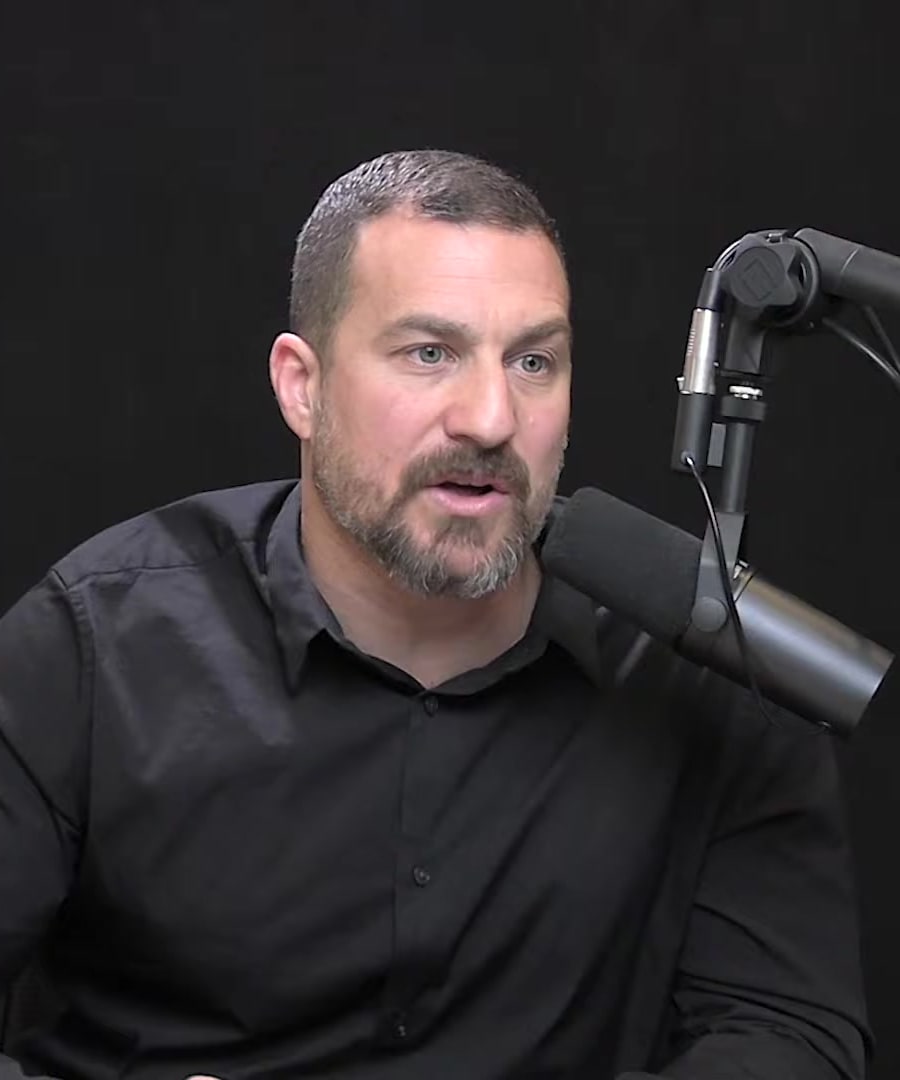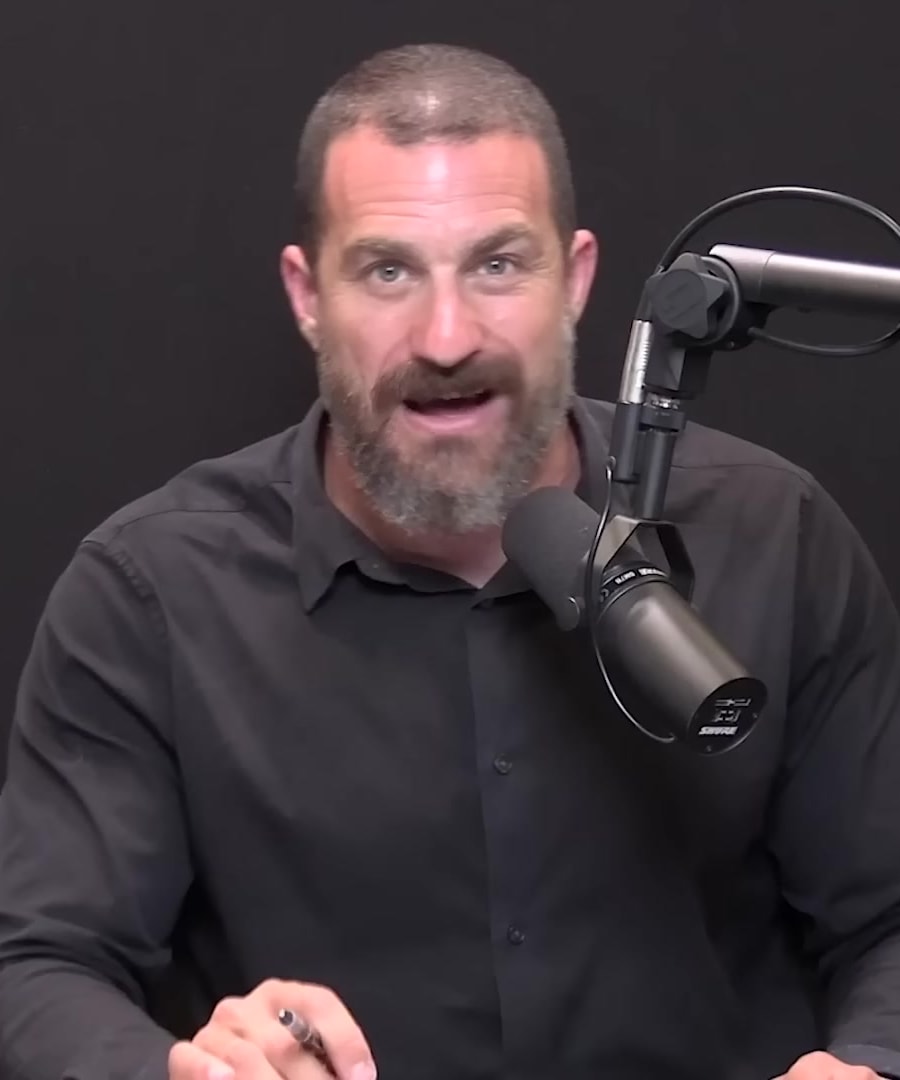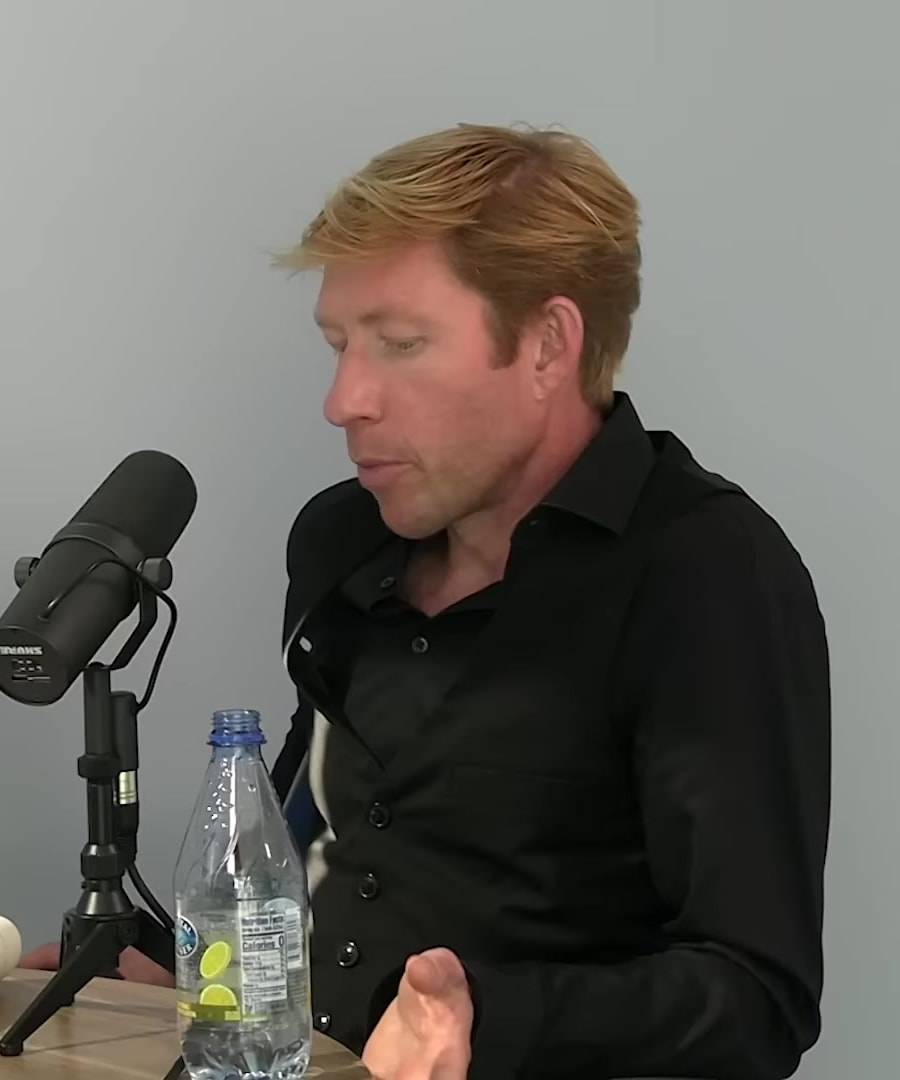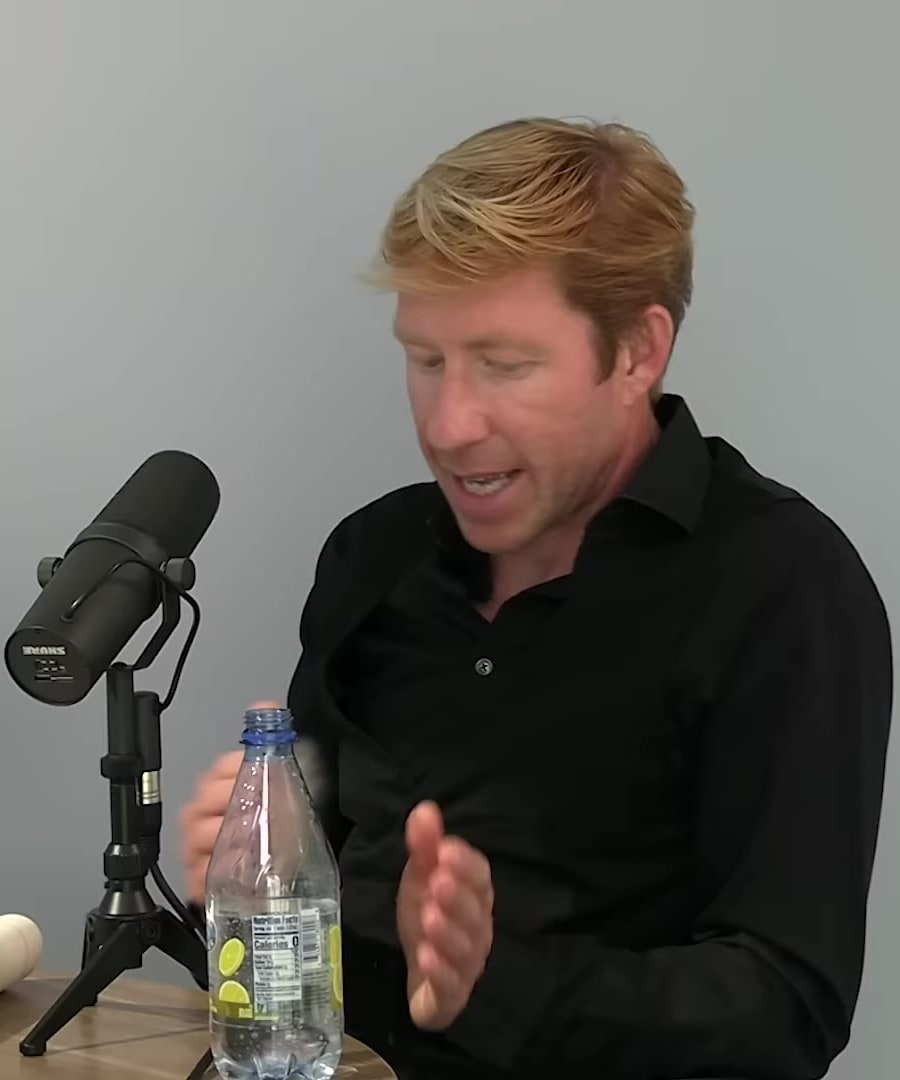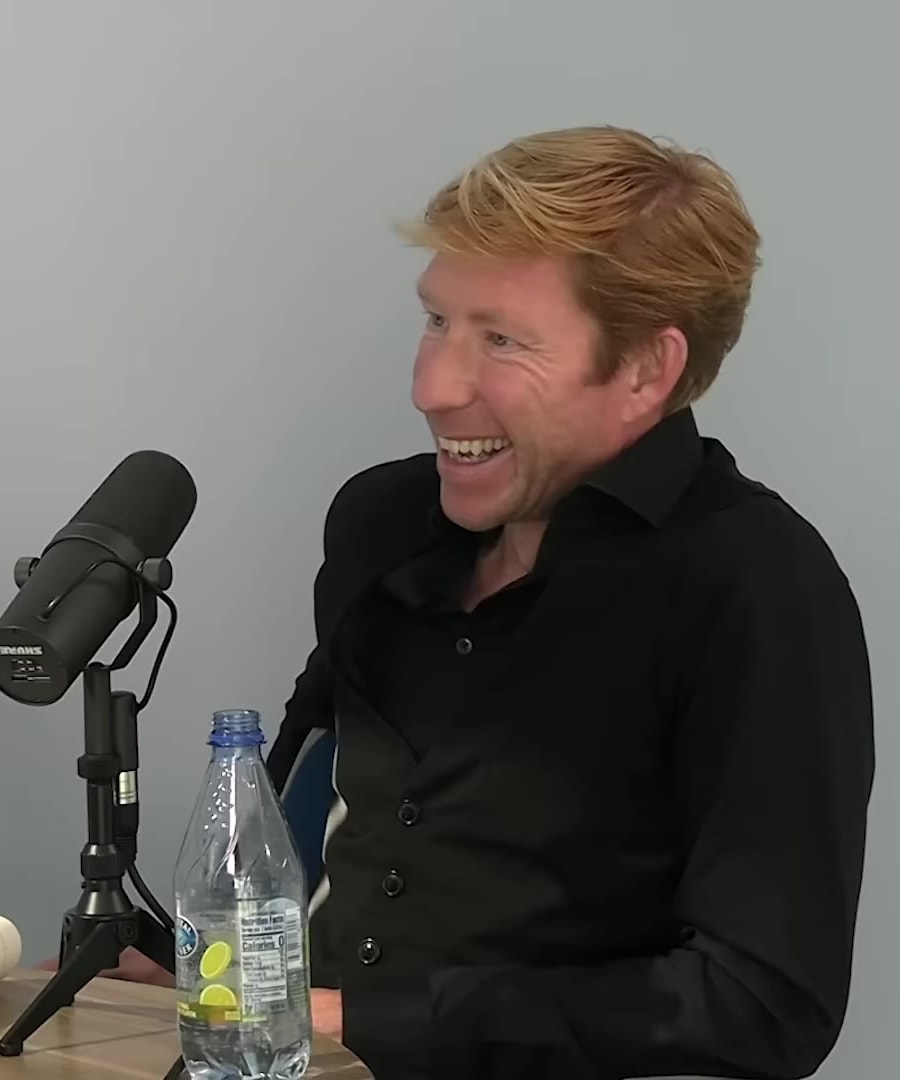How does Marijuana disrupt your sleep?
Sources:
Marijuana, particularly THC (tetrahydrocannabinol), disrupts the sleep architecture and blocks REM (Rapid Eye Movement) sleep. The result of THC consumption is often that individuals may not remember their dreams. Withdrawal from THC can lead to severe rebound insomnia and anxiety, which is typical for the clinical withdrawal profile of cannabis. Even though THC might help with the onset of non-consciousness and assist some individuals who struggle to fall asleep, the sleep accessed is generally not the type of deep and restorative sleep necessary for optimal functioning. It's also important to note that THC can build up a pressure for REM sleep, and when use is stopped, there can be a rush to regain the lost REM sleep, leading to very intense dreams. The interruption of REM sleep is a significant concern because the rebound mechanism does not seem to allow recuperation of all the lost REM sleep.
Regarding CBD (cannabidiol), while it does not cause a high like THC and is not specifically mentioned for disrupting sleep, it could have potential benefits for sleep through mechanisms such as thermoregulation, reducing anxiety, and altering the signaling of adenosine 1 2 3 4 5.
RELATED QUESTIONSAre there any scientific studies on marijuana and sleep?
Sources:
There are scientific studies on marijuana and sleep, particularly focusing on the effects of THC and CBD:
-
THC: Tetrahydrocannabinol (THC) has been found to speed up sleep onset for some but can disrupt sleep architecture and block REM sleep. A rebound mechanism is observed upon withdrawal from THC, where individuals can experience intense dreams due to the REM sleep pressure built up during use. This could lead to withdrawal dependency and severe rebound insomnia 1 2.
-
CBD: Cannabidiol (CBD) may not have the same detrimental effects on sleep as THC. Studies suggest that CBD in low doses might promote wakefulness, whereas higher doses could have sedative effects. CBD's potential benefits might be thermoregulatory, as it's found to cool the body's core temperature, which is beneficial for sleep. It's also an anxiolytic, potentially reducing anxiety by quietening the amygdala, and might modulate adenosine signaling, influencing the pressure for sleep. However, more data is needed to make definitive conclusions. Purity is also noted as a concern, similar to other supplements such as melatonin, as actual CBD content can vary significantly from what is reported on labels 3 4.
Given these effects, both THC and CBD components of marijuana can significantly impact sleep quality and patterns. It's crucial to consider individual variation and that study results might be influenced by factors such as dosage and purity of the compounds researched.
RELATED QUESTIONS-
How does Marijuana disrupt your sleep?
- RELATED QUESTIONS
Are there any scientific studies on marijuana and sleep?
- RELATED QUESTIONS
